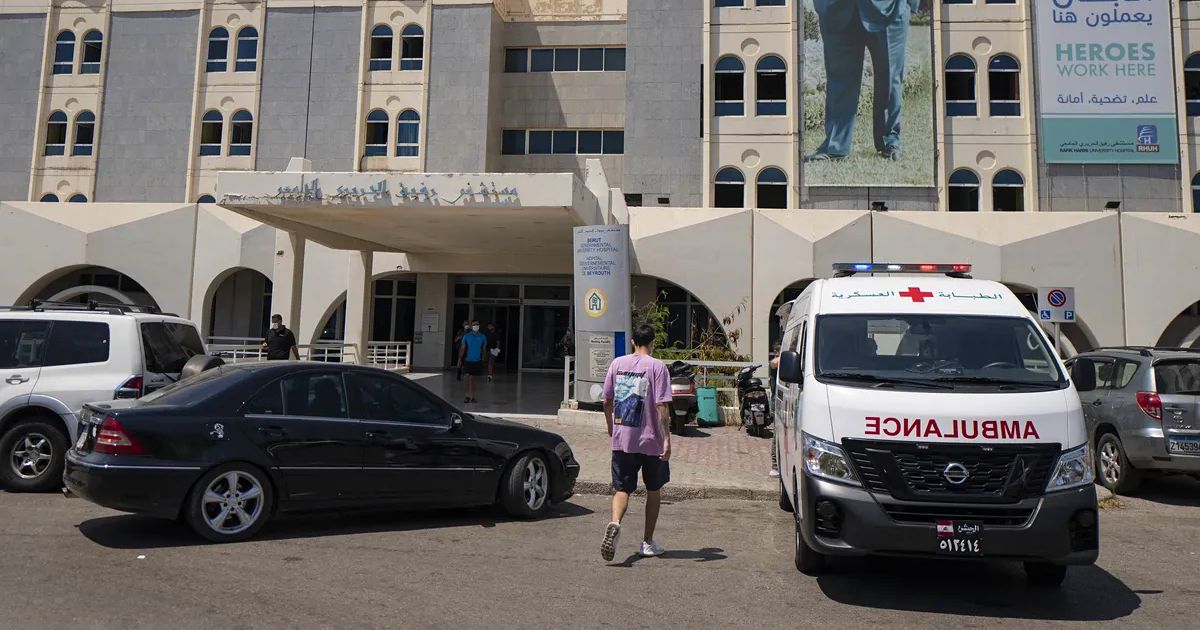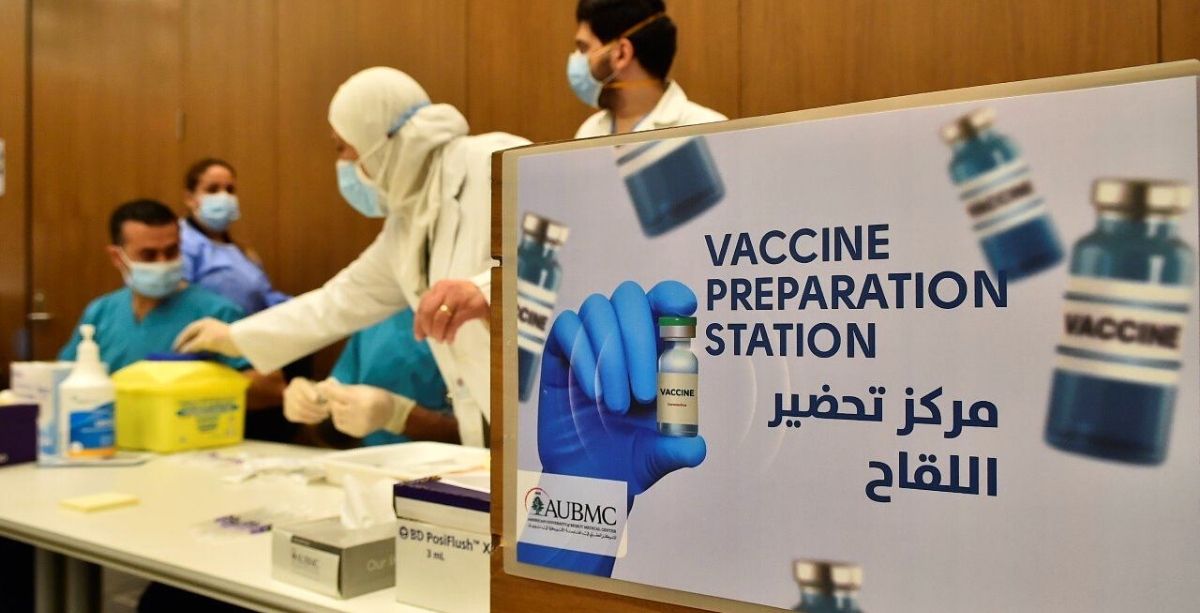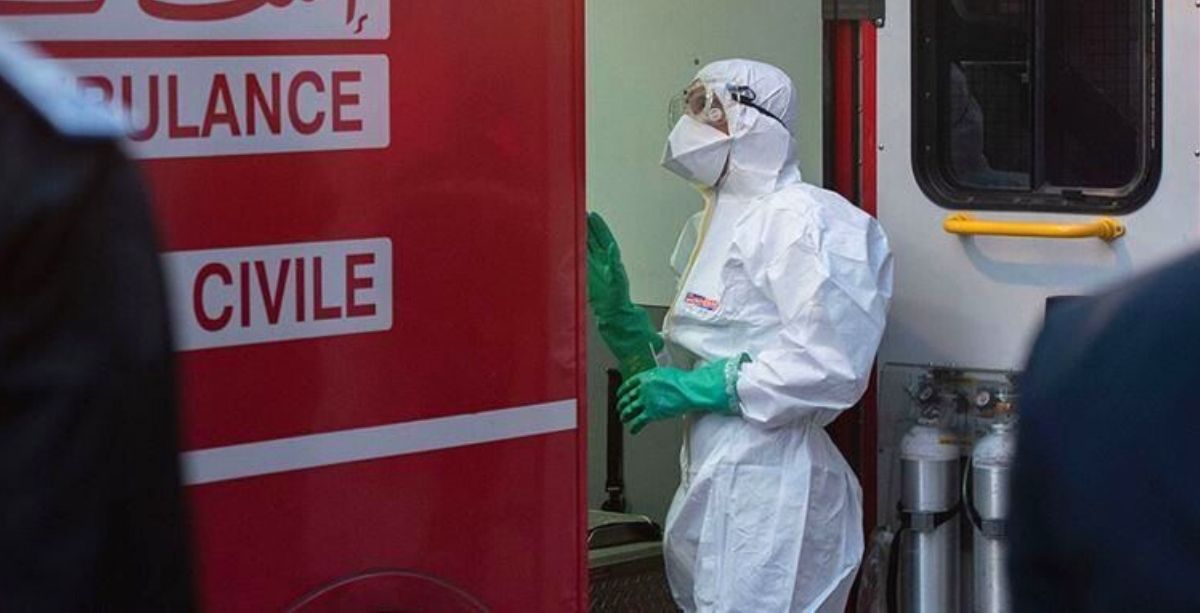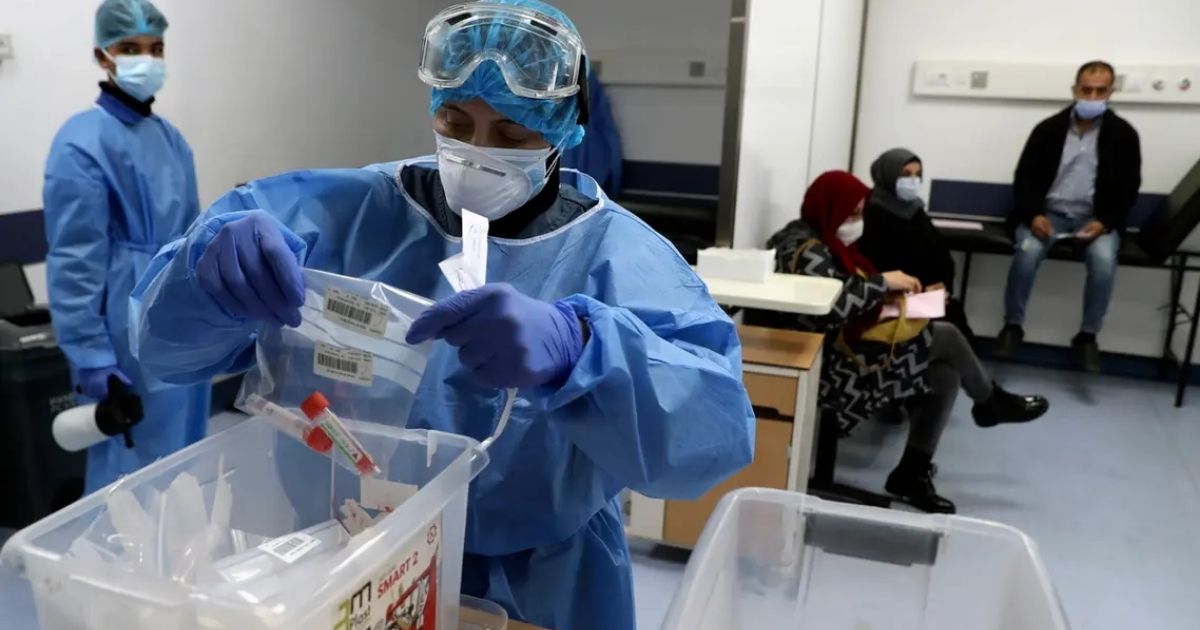Hours before the World Health Organization (WHO) officially declared the coronavirus outbreak a pandemic, urging the world countries to plan and prepare accordingly, Canada had already a plan in motion, announcing a $1-billion fund to respond to the outbreak.
That is probably because this isn’t the first time Canada faces a fight with a lethal virus outbreak, and the country wasn’t about to let it turn into a pandemic.
In 2003, Canada was the 2nd most hit outside Asia by the SARS outbreak.
The federal government was caught off guard and failed to prevent fatalities, and yet learned a lot from its mistakes and how to best deal with “another one.”
The day they’ve been preparing for since then has come, and they feel ready for the challenge.
On Wednesday, March 11th, Canadian Prime Minister Justin Trudeau affirmed during a news conference in Ottawa that his government is “pulling out all the stops” to help Canadians through the global health crisis.

According to CBC, the $1-billion fund “includes $275 million for additional research, such as vaccine development, and $200 million for federal medical supplies, supports for Indigenous communities, and education efforts.”
That’s it, while most countries are enforcing severe measures to contain the outbreak in their territories, Canada has moved into working on developing a vaccine, which, if achieved, will be the help all humanity is awaiting, not only the Canadians.

As of the time of writing, Canada is recording 1 death among the confirmed 138 cases across the country: 46 in British Columbia, 59 cases in Ontario, 19 cases in Alberta, 13 cases in Quebec, and 1 Repatriated Canadian.
The Canadian federal government has also in plan to help the Canadian businesses and workers that would get affected, and also affected citizens.
Income supports will be allocated to those who are not eligible for Employment Insurance sickness benefits.
Canada has also allocated a bulk of its COVID-19 response package to help other countries, the vulnerable ones, to prepare for and respond to the virus, supporting WHO’s efforts and other partners, with $50 million.

Canada’s COVID-19 response package includes, according to CBC News:
- $500 million to fund critical health care system in the provinces and territories, and support mitigation efforts, including access to testing, equipment, and enhanced surveillance and monitoring.
- $100 million to support federal public health measures, such as enhanced surveillance and increased testing at the National Microbiology Laboratory.
- $50 million for the Public Health Agency of Canada (PHAC) for its COVID-19 communications and public education efforts.
- Enhancement of Canada’s work-sharing program in order to support employers and their employees who will experience a downturn due to COVID-19.

According to the Canadian Health Minister Patty Hajdu, while Canada’s current response to COVID-19 has been based on science and evidence from the beginning, they could expect a rate of infection of 30 to 70 percent of its population.
The health minister assured though that the funding distributed to the provinces “will allow them to rapidly acquire crucial equipment such as respirators.”
Moreover, the government will be providing additional hospital beds in preparation of a potential “severe surge” that could otherwise be overwhelming on the system.
Prime Minister Trudeau addressed the public with a message of reassurance and support: “The message we have for Canadians and for Canadian businesses is that we will be there for them.”
It is, however, expected that the Canadians and residents in Canada “keep each other safe,” issued the Canadian Chief Health Officer, “particularly those who may be more vulnerable, such as the elderly or those with underlying health conditions.”
From its side, the Public Health Agency of Canada (PHAC) states in its website that the risk to Canadians remains low for the general population — but that “could change rapidly.”
While a coronavirus outbreak is not unexpected in Canada, it reassures that the Canadian “public health system is prepared to respond.”
It remains that some parties are not too satisfied with some measures they want to see implemented the soonest: “to train, equip and protect border officials on the front lines where travelers are entering Canada,” as stated by the Bloc Québécois.
Late Thursday night, Prime Minister Trudeau’s office issued a statement confirming that his wife, Sophie, has tested positive for coronavirus, and they are both in self-isolation.

















